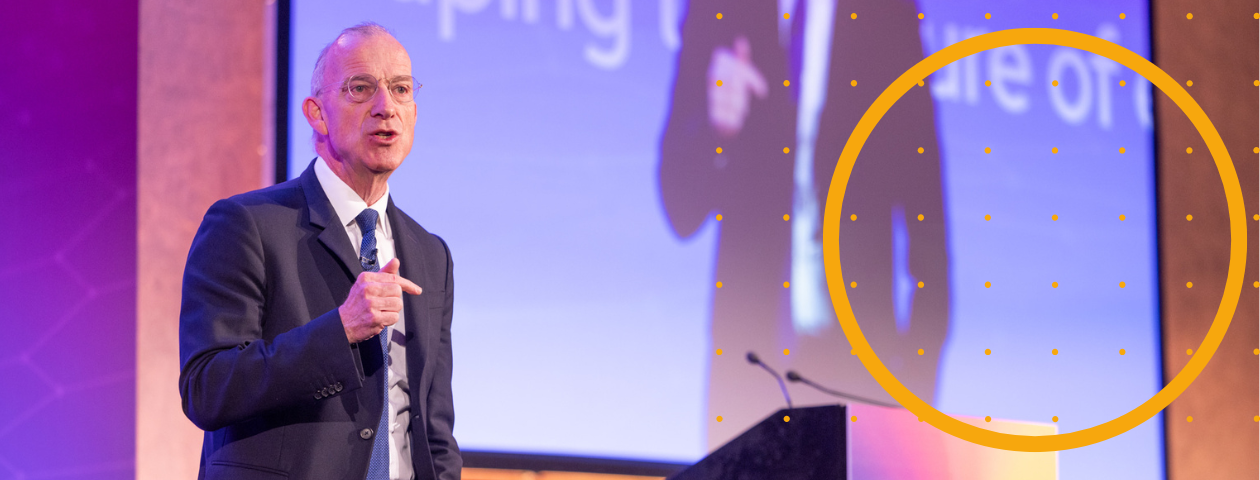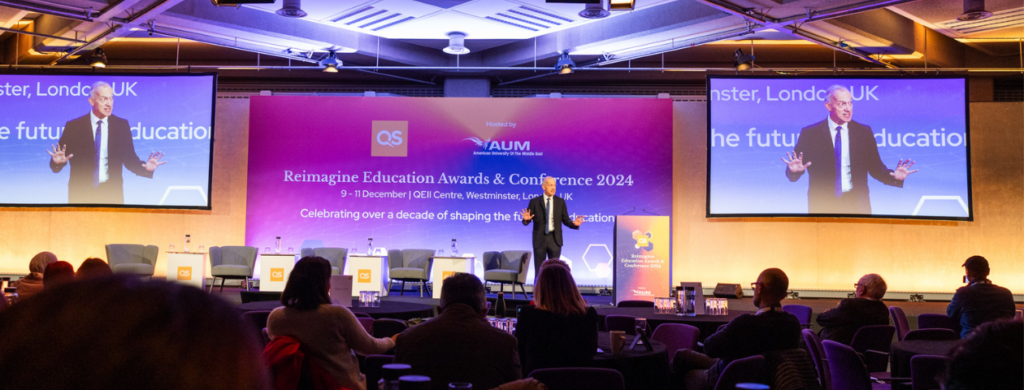
Modelling and rewarding constructive disagreement over universal agreement is key to today’s world challenges, says Dr Michael Spence, President and Provost at University College London (UCL).
At University College London (UCL) in the UK, disagreement has been built into the fabric of the institution since it was founded in the 1820s. The university’s history is rooted in the idea of pluralism: the idea that there is no single, universal way to do something, but that diversity and different perspectives, values and practices can coexist, and each have their own validity and merit.
Founded at a time when attending a university in England required signing the 39 articles of the Church of England and came with the notion that to live together well in community, everybody had to think the same way, UCL was radical in its establishment. The university stood against the idea of universal agreement, instead believing that you can think different and contradictory things, have very different understandings of the world and nevertheless live well in community.
Dr Michael Spence, President and Provost at UCL, gave a keynote speech at the QS Reimagine Education Awards & Conference 2024 on how to disagree well. He said: “UCL’s concept of a university has always been as a theatre to exercise the independence of the mind. We provide the forum to have a conversation and to curate genuine diversity that leads to pluralistic societies.”
As part of that concept, UCL has been experimenting further with the notion of disagreeing, as a way for universities to contribute to the fabric of society and political discourse, as well as contributing to economic development and skills transformation.
For a university, what does it mean to disagree well?
“If we’re going to prepare people for pluralist society, we’re going to have to prepare them for a world where people radically disagree,” Dr Spence said. “We must model it in the university. We must engage with the world’s issues in many ways and using the perspectives of many different disciplines.”
To do that meaningfully, there must be an understanding of what diversity really means beyond the sense of representing people with protected characteristics, but in a genuinely pluralistic way.
“If a university has a sociology department with an LGBTQ+ Marxist sociologist, a Buddhist Marxist sociologist, a disabled Marxist sociologist and a black woman Marxist sociologist, is this diversity in the most meaningful sense?” Dr Spence asks. “What does it mean for a university to curate genuine pluralism that avoids the process of reproducing uniformity and ensures students encounter a variety of understandings and approaches of a particular discipline?
“If you’re going to take that model of pluralism seriously, you will inevitably find that people will disagree and disagree passionately about issues that are often deeply personal to them, as well as academically important. So, the question then arises, how do you disagree well?”
Setting expectations
Dr Spence believes that disagreeing well must begin with setting expectations, both what the university is about and what disagreement is about. In higher education, the Chicago Principles are often referred to as best practice in academic freedom. Produced in 2014, Dr Spence feels that it was a moment of setting expectations for students that disagreement would at times make them uncomfortable but will be encouraged.
“There are issues on our campus where that discomfort is inevitably the case,” Dr Spence said. “The difference between biological sex and gender is something which people hold passionate opposing views on, not just as a matter of intellectual commitment but as something that goes deep into personal Identity and their understandings of oppression on both sides of the argument.
“To expect those people to engage in a constructive conversation is not unreasonable, but to expect them to discuss these things as if it were a polite dinner party dialogue with no attachment to the issues is unrealistic and oppressive in itself, “Dr Spence added.
“So, the conversation has to be about how you disagree well and constructively in a way that demonstrates traditional epistemic virtues, how to listen to one another, how you respect identities and experiences, how you choose language commensurate with the goal of increasing understanding, how you demonstrate humility and the possibility that you might be right and you might be wrong.
“These are the kinds of skills that you need to cultivate if disagreement is going to be constructive, not agreeable and not always safe in the fullest sense of the word.”
Fostering engagement across the institution
As communities of discourse, universities are what they talk about, according to Dr Spence. Learning to disagree cannot happen through one mode of communication or one compulsory module.
Instead, “it must be approached through a constant dialogue between the university community with all disciplines and university leadership. For UCL, a marker of success is that both our student groups and staff across the university have begun to hold their own conversations, events and seminars on disagreeing well and what it means for their particular issue in their area of the institution.”

Dr Spence believes the university is beginning to see a shift, but that pressure against uniformity is strong. “It’s not our job to tell you what to think,” he said, “but it is our job to create an environment in which you can have constructive conversations. These are behaviours that the academic structure punishes through a very Pavlovian career preparation process.
“You do well in primary school? Tick, you get an A. You do well in high school? Tick, you get an A. With standards-based assessment, we have made the Pavlovian response much easier because if you are bright, all you have to do is tick the right boxes and getting As. However, the issue is that we then lead you into a career for which you have no preparation and ask you to think things that nobody has ever thought before. That’s problematic.”
We must prepare students for a world where people radically disagree
Dr Spence believes that the global higher education sector needs to think about the incentives set for academic careers and better reward active engagement in difficult conversations that we say that we value as a part of the higher education experience.
He said: “If we’re going to prepare people for pluralist societies, we have to prepare them for a world where people radically disagree. If we want to avoid the fragmentation we’ve seen in liberal democracies, we need to develop leaders who are capable of the right kind of conversations. This is just as important as the skills challenge, and it’s something we cannot afford to ignore.”



